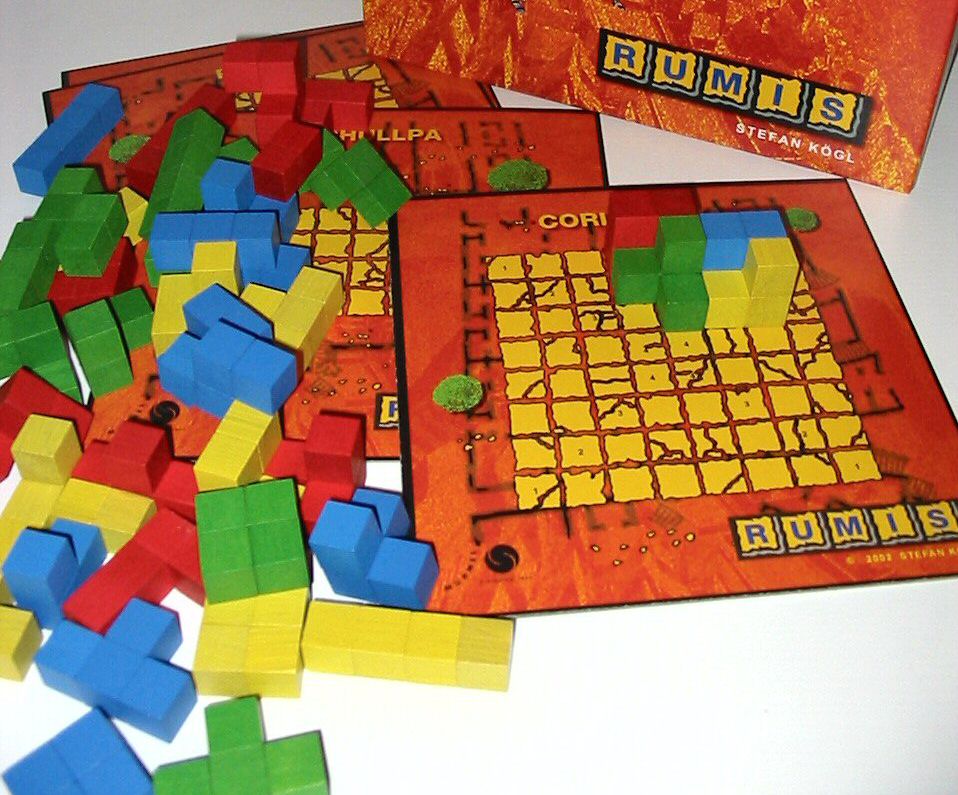Updated 17 June 2014
I remember seeing adverts in my dad's comic books from the 60s for correspondent courses to get high school diplomas. They said that more job opportunities would open up if you had a high school diploma and doing it through the mail would allow you to continue to concentrate on your family and current job.

Times have changed and most people have their high school diploma. Others have their bachelor's degree as well. Now people are turning to
online education (aka: distance degrees) for their
masters degree. The US Department of Education has recently released a study that shows that
students who study online perform better.
It only makes sense. Tuition back in the 60s pales to what costs are nowadays and few people can afford to take a year or two off just to study. They'd not only lose income, but also a couple years of work experience. In addition, the internet has made things much easier than they were before.
People have used the internet to communicate,
learn another language, and get information, so why not use it to study? You can can chat, participate in discussions, use Blackboard software, watch videos, listen to podcasts, and may be able to watch live lectures.
Few people are on the fence when it comes to online education. Some schools have blended learning degrees, where most of it is done online, but you meet once or twice a year on campus as well. Usually people are strongly in favour of it, or strongly against it. Below you can find reasons for both.
For
Those in favour of
distance education have a couple things to say. First, they say that it's more difficult to study this way and thus makes you a better student. Second, they say being able to work and study at the same time allows you to
put theory into practice right away. Lastly, they say it allows them to interact with people all over the world in a variety of
teaching situations and therefore allows them to broaden their perspectives.
Against
Those against distance education think much differently. First, they say that there are too many degree mills out there willing to give you a degree if you pay for it. Second, they say that traditional in-class lectures work much better than those online. Lastly, they think that distance education providers are lowering their standards and accepting just about anyone, even those who don't
know English very well.
Conclusion
There are
pros and cons to online education. One con is that not all employers will accept online degrees. The Middle East is a perfect example. The Ministry of Education (K-12) doesn't, but the Ministry of Higher Education does. It's also up to the employer. Even if the Ministry of Higher Education accepts it, it doesn't mean that all universities have to accept online degrees. However, the strongest pro is that it can be done anywhere in the world and you don't have to take time off work to do so.
What do you think?
Are online degrees good or bad? Do you have one? Would you get a
masters online?
Got an idea for a hot topic?
Email me with your hot topic idea, name, and website (if you have one) and I'll post it ASAP.
 This website has info for preschool to grade 12. While there is a membership option, there is still lots of free info on the site. Teachers and Families has monthly features and reading themes.
This website has info for preschool to grade 12. While there is a membership option, there is still lots of free info on the site. Teachers and Families has monthly features and reading themes.









